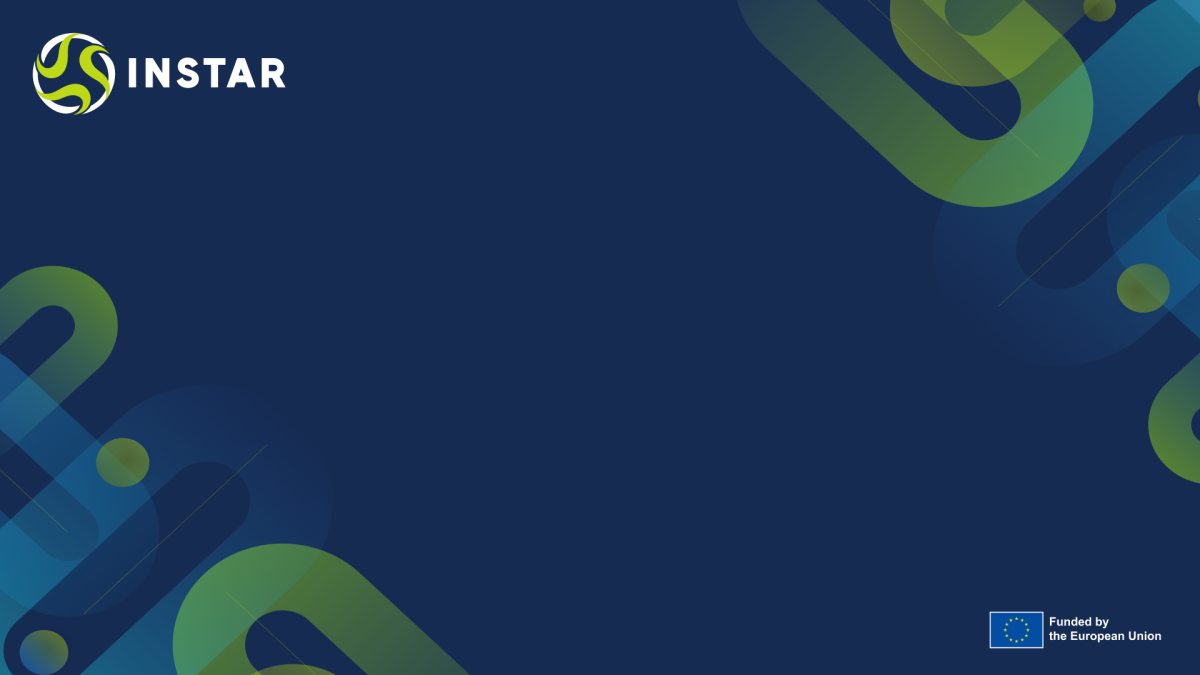INSTAR workshop | The EU's Impact on International Cybersecurity & eID Standardisation efforts
EU Cybersecurity and Digital Identity standards are fundamental to achieving digital resilience, ensuring security, interoperability, and trust across digital ecosystems.
As technologies evolve rapidly, the EU’s leadership in standardisation plays a key role in shaping international solutions, products, and services.
This workshop offers a deep dive into Europe’s impact on global cybersecurity and digital identity standards, showcasing how EU standards have influenced international products and services.
As part of the efforts within INSTAR to gather best practices between European standardisation experts and international partner countries, this workshop draws on some key insights from present work that is influencing global standardisation in both cybersecurity and digital identity.
Participants will gain valuable insights from leading experts representing the EU-funded projects Cyberstand, INSTAR, and Indico-Global, as well as from relevant experts from Japan and South Korea.
The discussion will highlight major cybersecurity standardisation activities in these regions, potential collaboration opportunities with the EU, and best practices in ICT standards where Europe may have influenced products and services in these markets.

